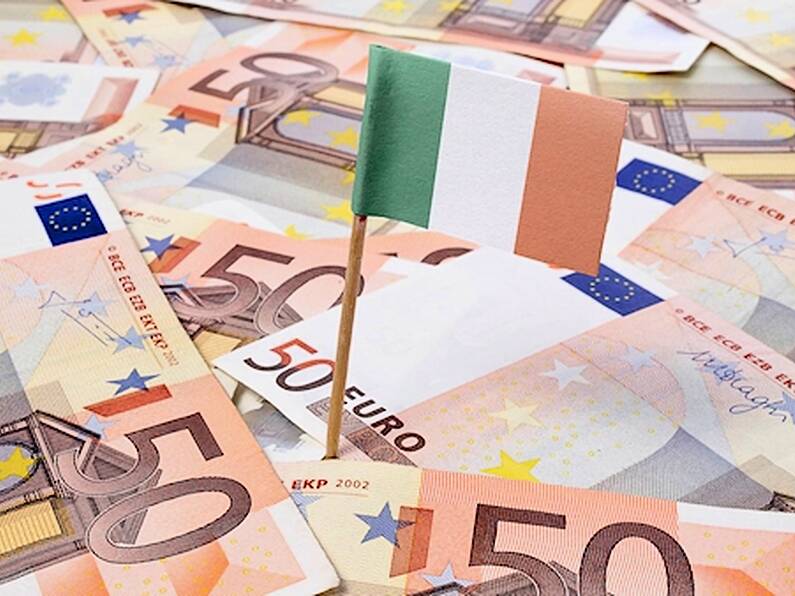The Irish economy is estimated to have grown by 8.2% in 2018, according to new figures released by the Central Statistics Office (CSO) today.
Gross Domestic Product (GDP) stood at €324bn last year, the revised data showed.
Gross National Product (GNP), a measure of economic activity that excludes the profits of multi-nationals, grew by 6.5% in the year.
Personal consumption of goods and services, an indicator of domestic economic activity, grew by 3.4% in 2018.
The gross national income (GNI) recorded a level of €197bn last year.
Commenting on this, Assistant Director General with responsibility for Economic Statistics, Jennifer Banim, said:
"Today’s results include estimates for GNI*, an indicator designed to exclude globalisation effects disproportionately impacting Irish economic results. In the annual NIE results, the transition from a GDP level of €324bn in 2018 to a GNI* level of €197bn is shown.
"GNI* is designed to be a supplementary indicator of the level (or size) of the Irish economy for use as an alternative to GDP in ratio analysis. For instance, in 2018, the ratio of General Government Gross Debt (April 2019 estimate) to GDP stood at 64%, while the result for the equivalent debt to GNI* ratio was 104%.”
Meanwhile, preliminary results for the first quarter of this year found that GDP grew by 2.4% and GNP grew by 2.1%.
The Minister for Finance and Public Expenditure and Reform, Paschal Donohoe, welcomed today's "strong" figures.
"Despite international headwinds, they show continued momentum in the Irish economy with year-on-year growth of 6.3% in GDP in the first quarter on the back of 8.2% growth in 2018," he said.
"This tallies with what we have seen in the labour market, with employment growth of just under 4% in the first quarter, as well as tax receipts, with all tax heads having performed strongly over the same period.
“Early indications suggest solid growth in the second quarter of 2019 as well, particularly in light of the monthly unemployment rate of 4.5% recorded in June, the lowest since early 2005. Overall, we are seeing continued improvements in living standards.
“Against this, there is a continued softness in the international environment, particularly in manufacturing sectors in some of our closest trading partners.
The Brexit cloud hangs over the economy and, as the Government outlined this week, the impact on the most-exposed sectors of the economy could be severe.
"Careful management of the economy and of the public finances is needed now more than ever in order to chart our way forward through the uncertain times ahead," he said.






